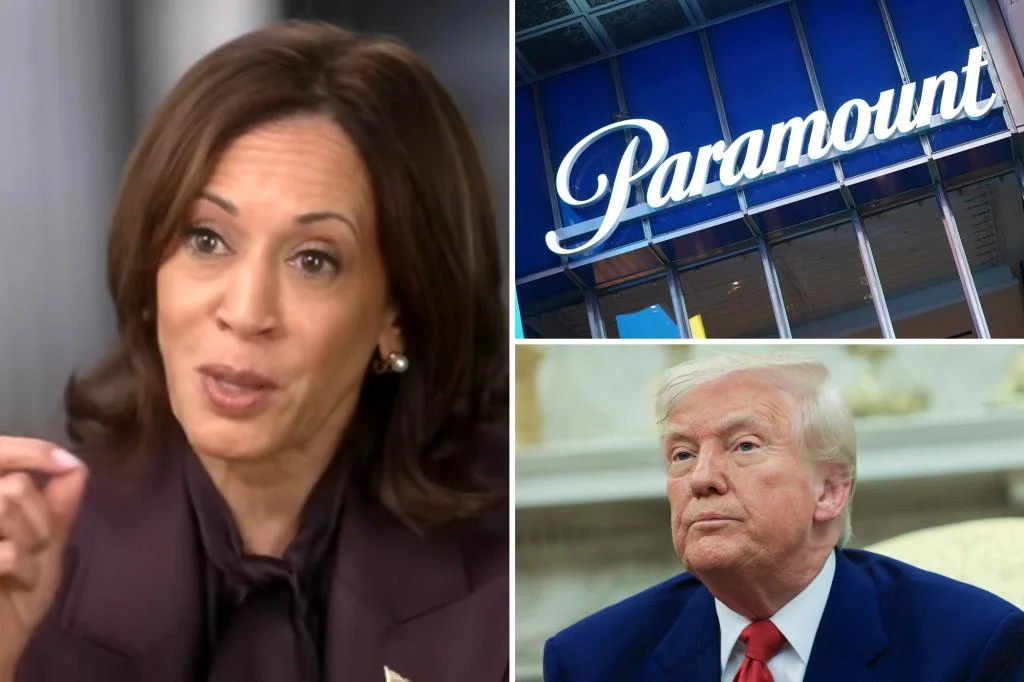
Donald Trump Escalates Fight With CBS And ’60 Minutes’ As Legal And Media Battles Intensify
Former President Donald Trump has reignited his ongoing feud with CBS and its flagship newsmagazine '60 Minutes', unleashing scathing criticism following recent segments on Ukraine and Greenland. This latest salvo comes at a critical time, as both Trump’s $20 billion lawsuit against CBS and regulatory scrutiny of the network intensify, raising important questions about media freedom, government oversight, and the ever-evolving state of political-media relations in America.
Trump’s renewed animosity erupted after '60 Minutes' aired an interview with Ukrainian President Volodymyr Zelensky and a feature on Greenlanders’ resistance to the idea of U.S. annexation. On his Truth Social platform, Trump accused the program of “defamatory” and “illegal” behavior, claiming, “Almost every week, 60 Minutes mentions the name ‘TRUMP’ in a derogatory and defamatory way, but this Weekend’s ‘BROADCAST’ tops them all.” He then urged FCC Chairman Brendan Carr to “impose the maximum fines and punishment,” even calling for CBS’s broadcast license to be revoked—an extraordinary demand in the context of American media history.

Central to Trump’s grievances is his lawsuit against CBS over the editing of a 2024 interview with Kamala Harris. Trump alleges the network manipulated the segment to favor Harris’s image, a charge CBS strenuously denies. The network responded by providing the FCC with the full, unedited transcript and asserted in a statement, “In making these edits, 60 Minutes is always guided by the truth and what we believe will be most informative to the viewing public.”
The legal battle is not happening in isolation. As Trump ramps up pressure, Paramount Global, CBS’s parent company, is seeking regulatory approval for a high-stakes merger with Skydance. Some analysts suggest Trump’s aggressive rhetoric is a calculated attempt to gain leverage in both the lawsuit and the merger’s regulatory review, especially as settlement discussions reportedly commence.
Meanwhile, FCC Chairman Carr has launched an inquiry into the Harris segment, following complaints that it violated FCC “news distortion” policies. However, media law experts note the FCC’s power is tightly circumscribed by the First Amendment. As the agency itself acknowledges, it “is prohibited by law from engaging in censorship or infringing on First Amendment rights of the press.” Similar threats to revoke broadcast licenses have failed in the past, including during Trump’s first term, when his own FCC chairman, Ajit Pai, defended broadcasters’ constitutional protections against government interference.
Despite the mounting pressure, CBS and '60 Minutes' have continued unapologetic, robust coverage of Trump administration controversies, particularly under correspondent Scott Pelley. Zelensky’s on-air remarks, expressing “100% hatred” for Vladimir Putin and inviting Trump to witness the realities in Ukraine, exemplify the provocative reporting that continues to spark presidential ire. Meanwhile, Greenland’s Prime Minister Jens-Frederik Nielsen forcefully stated, “Greenland is for Greenlanders, not for anybody else,” resisting U.S. ambitions—a moment emblematic of the global stakes at play in these stories.
With so many parallel battles—courtrooms, regulatory agencies, and public discourse—America is once again faced with the perennial debate over press independence versus political accountability. Is Trump’s campaign against CBS a defense of fairness, or an attack on media freedom? As Paramount’s merger hangs in the balance and legal proceedings play out in Texas, the wider implications for the nation’s media landscape remain to be seen.
What do you think: Are Trump’s actions justified pushback, or do they threaten the core tenets of press freedom? Share your thoughts in the comments below and join the conversation.